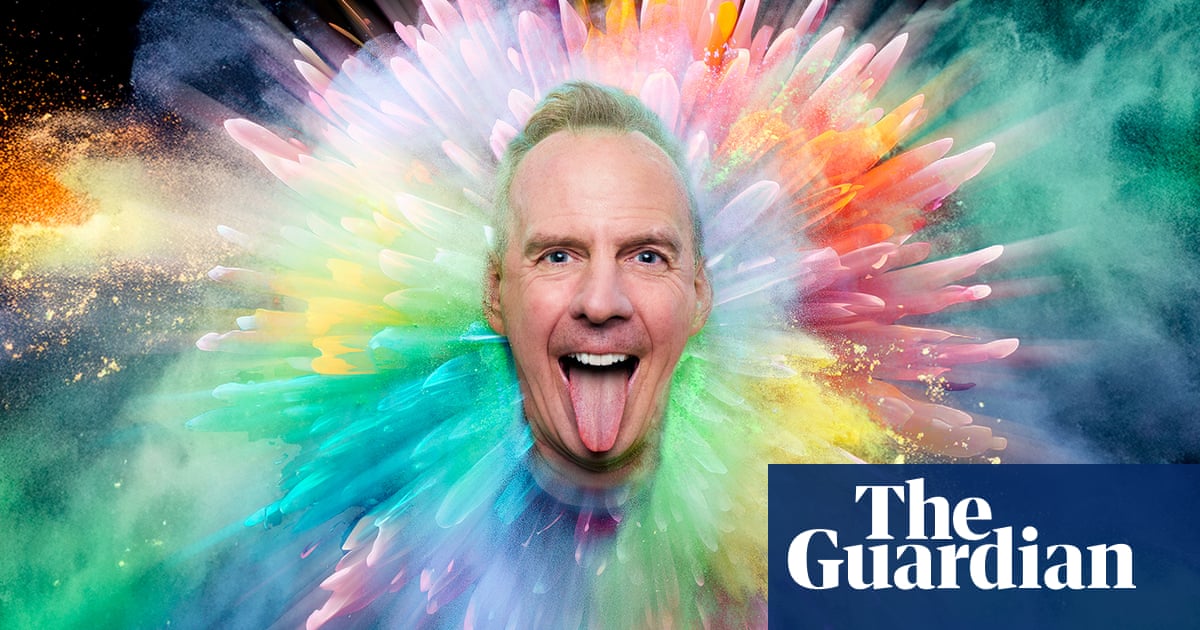You can’t possibly look at Ernest Cole’s haunting photography, capturing the struggle for South Africans during apartheid, and not immediately and urgently think about what Palestinians are living through today. Ernest Cole: Lost And Found, the latest documentary from I Am Not Your Negro director Raoul Peck, pours over those violent images captured by the late photographer in his 1967 book House of Bondage. They show South Africans living with a proverbial boot to their neck – constantly policed, segregated, barred entry to not just spaces but employment opportunities their European oppressors access freely, having their homes bulldozed for new settlements and their marches brutally met with gunfire – viscerally recalling what’s happening in Gaza and the West Bank.
“Yes, those parallels are clearly in the film,” says Peck, on a Zoom call, adding that it’s those types of connections that inspire him to tell whatever story he pursues. “In this film you can also see the western world not wanting to boycott South Africa while doing business with them: selling arms, buying arms, buying gold, uranium.”
“But it’s not my job to point to anything,” Peck continues, speaking not just to his new film but all his work. “That’s the contract between me and the person watching the film. I leave space for you to bring in your own current situation, to help you understand the world as it is now.”
Peck is a former minister of culture in Haiti who has lived in West Berlin, Paris and the US, describing his experience as a life in exile. His films going back 40 years are often drawn to people whose relationship to their homes are tenuous, uncertain or altogether severed, whether politically or violently. His first narrative feature, 2000’s Lumumba, focused on the Congo leader’s exile. Last year’s Silver Dollar Road stuck by a Black family whose home comes under threat from land developers.
His HBO series Exterminate All The Brutes, examines genocide as a pillar of the European and US cultures, wiping Indigenous, African and Jewish people from their homes. Though what’s happening in Israel falls just outside that show’s purview, Peck highlights a passing mention in Exterminate All The Brutes of a Palestinian suicide bomber. “I ask the question, what would I have done if it was my daughter? Would I call her a monster? That’s how I address it.”
Peck is speaking from a hotel room in New York City, where his latest subject Ernest Cole lived in exile and died in 1990. Peck’s film isn’t just a showcase of Cole’s work in House of Bondage, which the photographer published at 27, exposing the world to casual horrors in the country he could no longer return to due to apartheid. The film also explores selections among 60,000 negatives that mysteriously surfaced seven years ago in a Swedish bank vault, lost images Cole had taken while he was living in the US, touring the American south as well as Europe, before he became despondent, houseless for some years and fallen of the map. Many of the alternately warm and striking images Cole shot in places such as Alabama observe African American life; the joys and the resilience, but also the echoes to his experience in Johannesburg, the oppression that they share with their counterparts across the world.
“It’s the view of a 26-year-old, 27-year-old South African who has spent all his life in an apartheid prison,” says Peck, “discovering something that was sold to him as the free world. That alone is worth observing. What does he do? What does he catch? What does he see?”
Ernest Cole: Lost and Found works as a companion piece to Peck’s James Baldwin documentary I Am Not Your Negro, in that it’s also about a critical voice who experienced varying realities through travel and refused to have his humanity reduced to just being Black. “Baldwin is somebody who always said: ‘I don’t let anybody define who I am,’” says Peck. “And I learned that very early in my life. I read Baldwin when I was 16. And he gave me the gave me the tools, already.”

Where the Baldwin documentary had the author’s words but also his footage of him speaking passionately during interviews, the new film has photographs, Peck’s camera moving within them, directing our gaze, searching for the details Cole would have fixated on. An image from South Africa, when a white child in a bathing suit innocently sips water from a park fountain, the camera pans up to reveal the violence of a Europeans-only sign hanging just above her. “Beyond the innocence”, Peck says.
The film also pairs Cole’s photos with his own words. Atlanta actor LaKeith Stanfield lends his voice as Cole to the criticism and poetry found in House of Bondage’s prose, subsequent letters he wrote or observations pieced together from testimonies of those who knew or witnessed him. In a street scene showing a young Black man interrogated by police, the camera scans the crowd around him. Cole asks what each person in the photo is thinking, how they see themselves in relation to the anxious police interaction on the street, as either the next potential victim or the white man calmly affirmed that things are the way they should be.
In the US, Cole photographs white citizens, describing and mulling over the way they look into his camera, and regard him, with indignance or suspicion. Such photos aren’t just a window into the US’s soul, but Cole’s own. When he photographs couples on the street embracing each other, there’s an ache in his words as he ruminates on their public displays of affection. “You can see how cold it was for him in the metropolis,” says Peck. “That he was isolated.”
That isolation is even more pronounced when Cole describes the unhoused people he captures sleeping on the street or benches. “Empty useless bodies”, he says, reflecting perhaps on himself. “My ultimate photos.”

While there’s no record of what Cole is going through when those photos are taken, and only assumptions as far as addiction projected onto him, Peck is confident he can fill in the gaps, at least emotionally. “Having been in exile myself, I know what happened,” he says. “Knowing what is happening in your country every day and not be able to do anything, that can make you crazy. That can depress you. It’s like PTSD, before it was diagnosed as such.”
For Peck, Ernest Cole: Lost and Found is a reclamation of the photographer’s voice, a film that forgoes talking head interviews and the opinions of others – and instead leaves the space for the artist to tell his own story.
“It was about Ernest taking back his power,” says Peck, describing how his film, and even the way his camera points in habits the artists gaze. “Because he had been disempowered for the last 50 years … I wanted to give him the total podium to talk about his work, to talk about his life and even beyond his death.”
-
Ernest Cole: Lost and Found is out in New York cinemas on 22 November, Los Angeles on 29 November, with more cities to follow and a UK date to be announced

 3 months ago
57
3 months ago
57













































